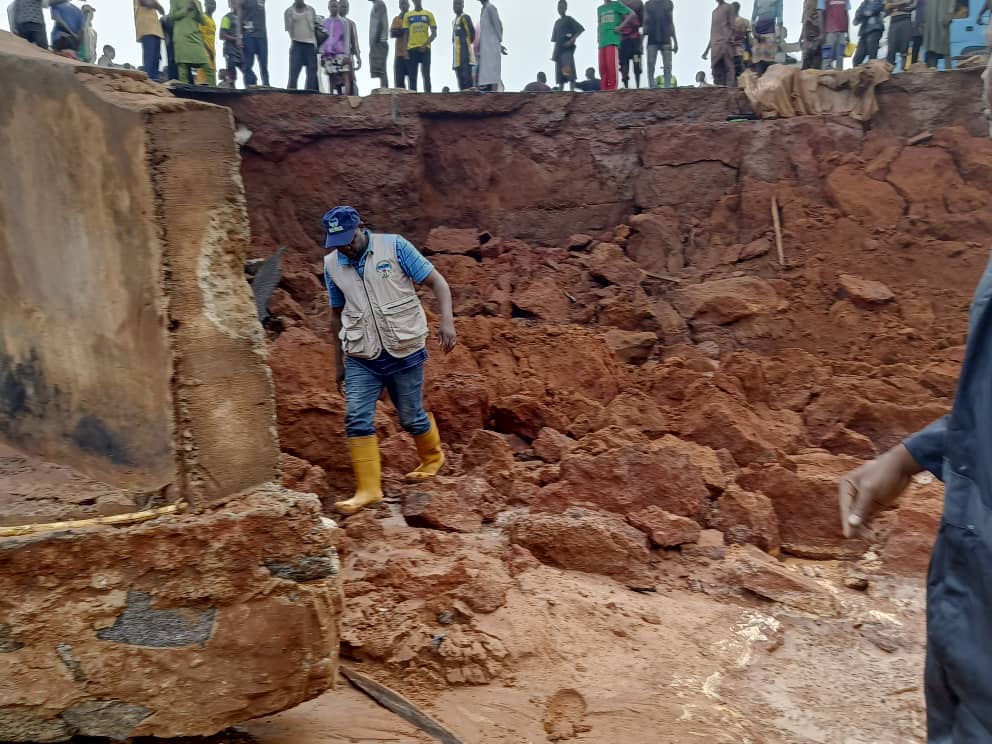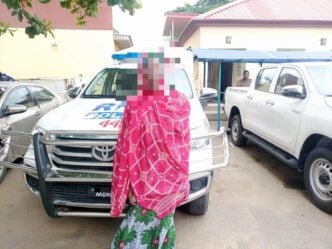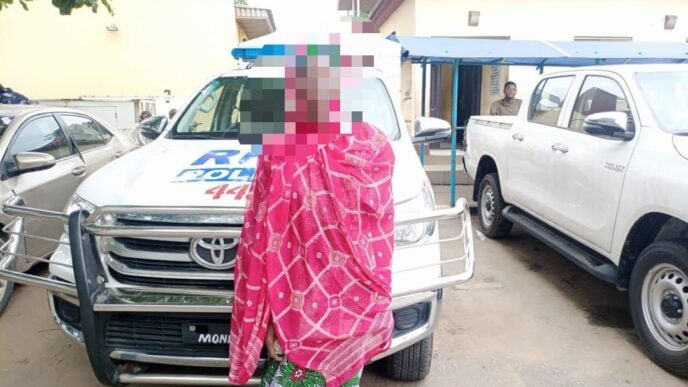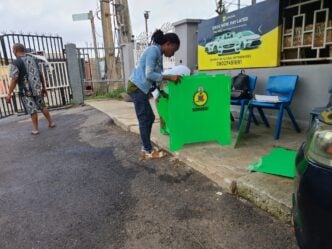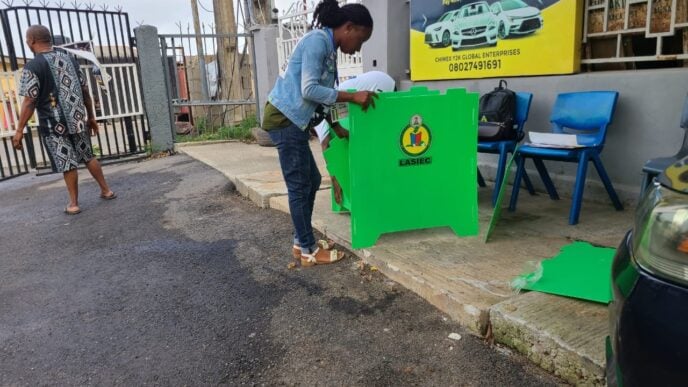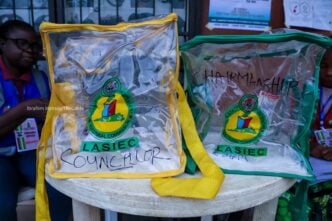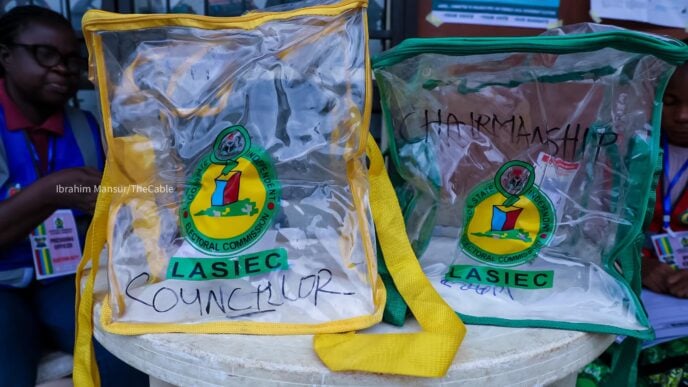Aliyu Abdulhameed, managing director of the Nigeria Incentive-Based Risk Sharing System for Agricultural Lending (NIRSAL), says the recent flood in Niger state was caused by railway embankment.
More than 200 persons were reported dead after a flood disaster ravaged three communities in Mokwa LGA of Niger state on May 29.
Over 3,018 persons were displaced, and three bridges were destroyed.
Ibrahim Hussaini, the acting director-general of the Niger State Emergency Management Agency (NSEMA) had attributed the flood to climate change and deforestation.
Advertisement
Speaking on Thursday in Abuja during an interactive session convened by the house of representatives committee on hydrological services, Abdulhameed said the railway embankment was solely responsible for the flood.
“What happened in Mokwa, in particular, was caused majorly by the railway in the area. That was the only reason that made it happen,” he said.
“There is a railway embankment, up to about four meters high. That was actually stopping the water from draining into the River Niger.
Advertisement
“That was the major reason. It had nothing to do with Kainji dam and Jebba dam. Both are downstream,” he said.
He said the railway line originally had drainage channels that allowed water to flow into the river, but they were blocked during the reconstruction.
“What happened was that after the inauguration, the drainage systems meant to allow water to flow into the River Niger were completely blocked. So, the water piled up over the years,” he said.
“It [water] has been eating up that embankment because it is purely soil. It started losing its strength to hold back the water.
Advertisement
“Then that fearful night, it gave way. The water punctured it, which was why it came with a huge cost and swept through the settlement on that river.”
“There are a lot of anthropogenic activities where people have settled on that same river. Why? Because over the years, after the embankment was built and water stopped flowing, people found it convenient to settle there. That was a major cause of that particular flood.”
Abdulhameed said he met with the managing director of the Nigerian Railway Corporation (NRC) over the incident, with plans to probe other railways across the country.
“I had a long meeting with the MD of Nigeria Railway Corporation, and we are putting up a team to probe all railway lines. Because I noticed a lot of other places apart from Mokwa, where the same practice is being repeated,” he said.
Advertisement
“So to avoid future occurrences, we are probing all the railway lines, including all the federal highways, to ensure that waterways are maintained.”
Paschal Agbodike, chairman of the committee, invited Kayode Opeifa, NRC MD, and Sa’idu Alkali, minister of transportation, to appear before the panel, saying they have questions about the incident.
Advertisement
“They must come and explain why they undertook a project that directly led to the loss of lives and property,” he said.
“For natural disasters, it seems we are always waiting for them to happen before we start talking about remediation. We cannot let that continue any longer.”
Advertisement
The committee chairman said the parliament will not tolerate any loss of life caused by flooding, adding that any ministry or agency found to be negligent will be held accountable.
Advertisement
